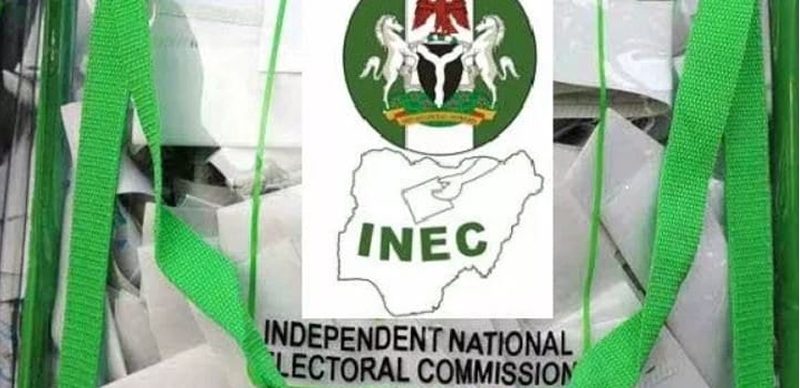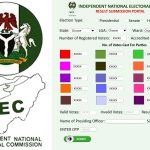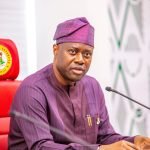The Independent National Electoral Commission, INEC, said over 170,000 polling unit results of the February 25 presidential and National Assembly elections have been uploaded on its Result Viewing Portal (IReV).
The National Commissioner of INEC, Festus Okoye disclosed this in an interview on Channels Television’s Sunday Politics on Monday.
Okoye added that the reconfiguration of the Bimodal Voter Registration Systems (BVAS) would be completed by Tuesday in preparation for the March 18 governorship and state assembly elections.
He said, “As at the last time, over 170,000 of those results have been uploaded.”
Meanwhile, Okoye maintained that no political party will be allowed to look into the brain of the Bimodal Voter Registration Systems used for voter accreditation and electronic transmission of votes.
“As you are aware, we are reconfiguring the BVAS for purposes of the governorship and state assembly elections, and any BVAS that was used for the presidential and National Assembly elections that do not push to the accreditation backend, the data relating to the conduct of the presidential and National Assembly elections will not be reconfigured.
“In fact, the BVAS will not allow itself to be reconfigured or reset if the entire data is not pushed to the accreditation backend.
“I’m sure that by Tuesday when we hope to complete the resettling of the BVAS for the purposes of the governorship and state assembly elections, the results in all the places where elections were conducted would have been pushed to the accreditation backend.”
Okoye said every Nigerian has the constitutional and legal right to protest. However, he said no political party will be allowed to look into the brain of the BVAS or the biometrics of voters.
He noted that INEC is the regulator of political parties and the commission won’t abdicate its core responsibility to aggrieved political parties.
He said the court judgement that voters could use their temporary voter cards to vote is not applicable for all Nigerians but for the individuals who went to court.
The INEC commissioner also blamed political parties for making polling units “inaccessible” for voters, leading to low turnout at the last polls.
He said INEC learned some “valuable lessons” in the presidential and National Assembly elections, which would be used in the governorship and state assembly polls.
He said serious efforts are being made to rectify challenges with IReV portal ahead of the March 18 polls, adding that the ICT department of the commission knows what to do if there are issues with the uploading of polling unit results on the IReV portal in March 18 polls.
He said political parties deployed more polling unit agents than the number of officials deployed by the Commission and so they monitored their results per polling units.
The INEC commissioner said, “The Electoral Act 2022 makes it clear that every registered political party in conjunction with their candidates have the right to send agents to every polling units in Nigeria. The PDP as a political party deployed a total of 176,588 polling agents. The Labour Party deployed a total of 134,874 polling agents. The NNPP deployed a total of 176,200 while the APC deployed a total of 176,223.
“The commission deployed to 176,666 polling units. So, the political parties deployed more agents to the polling units than the number of polling units that opened. What that means is that each political party got a copy of Form EC 8 which is the polling unit result sheet which is the result sheet that is uploaded into the IReV portal.”





2 Comments